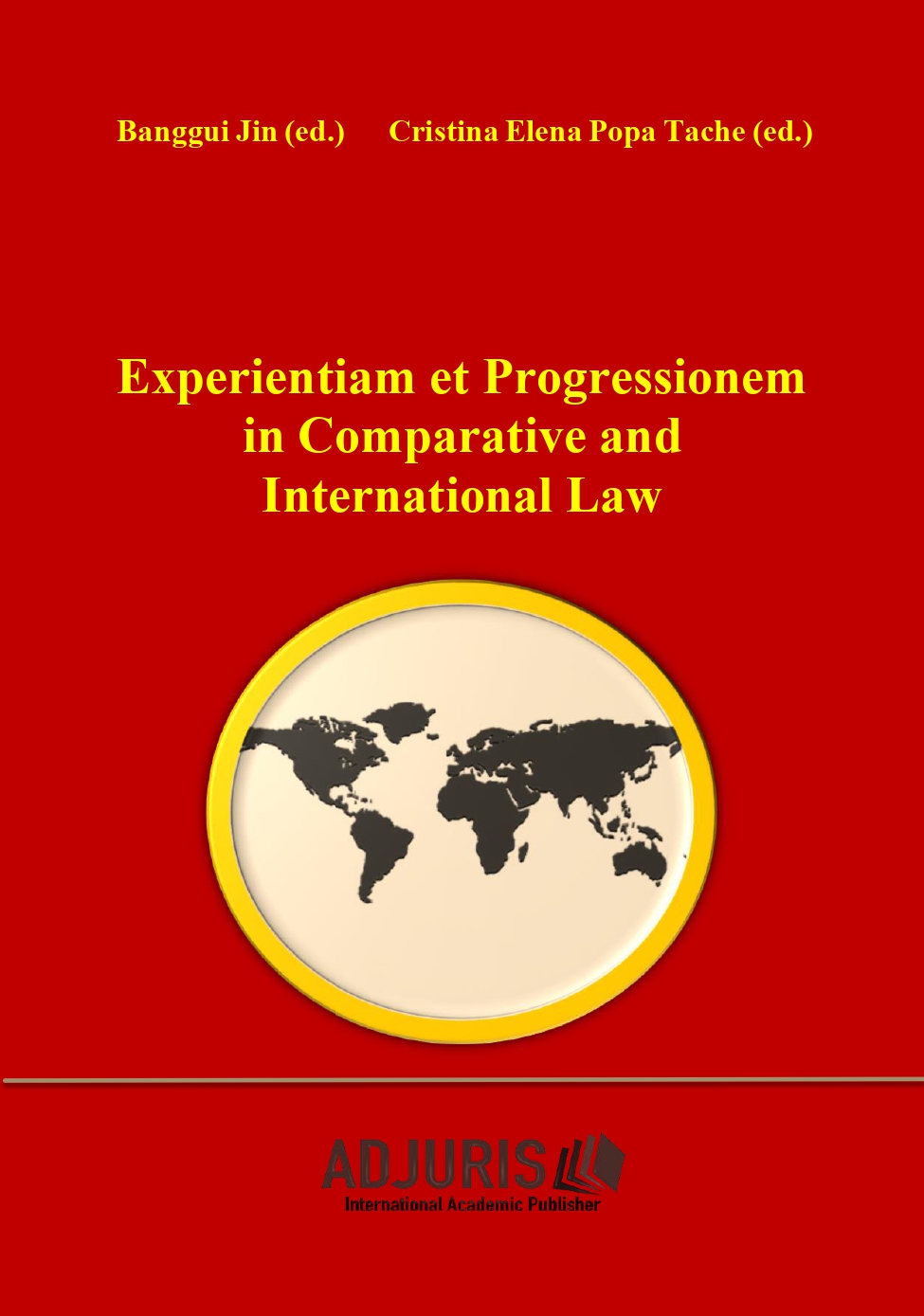Decisions Rejecting Requests for Referral to the Court of Justice of the European Union by References for Preliminary Rulings, from the Perspective of the European Convention on Human Rights
Decisions Rejecting Requests for Referral to the Court of Justice of the European Union by References for Preliminary Rulings, from the Perspective of the European Convention on Human Rights
Author(s): Anamaria Groza
Subject(s): Law, Constitution, Jurisprudence, Human Rights and Humanitarian Law, EU-Legislation, Court case
Published by: Societatea de Stiinte Juridice si Administrative
Keywords: references for preliminary rulings; reasoning of judgments; fair trial; CILFIT criteria; “acte clair”;
Summary/Abstract: References for preliminary rulings, one of the most important instruments for implementing EU law, were a legal institution analyzed only from the perspective of the EU legal order. A recent ruling of the European Court of Human Rights regarding Romania has changed this traditional perspective and positioned national court decisions on the rejection of requests for references for preliminary rulings, in the context of the right to a fair trial governed by art. 6(1) of the Convention. Although the European Convention on Human Rights does not guarantee the right to have a case referred for a preliminary ruling to the CJEU, it makes it compulsory for domestic courts to give reasons for the decisions refusing to refer questions. National courts whose judgments can no longer be challenged under national law have the obligation to give reasons for their refusal in the light of the CILFIT criteria. From the perspective of the European Conven- tion on Human Rights, court decisions rejecting requests for references for preliminary rulings must be motivated in accordance with the standards of the fundamental right to a fair trial. The most striking practical effect of the ECtHR judgment discussed in this article will be the obligation to analyze concretely and to motivate the conditions for the existence of “acte clair”. The purpose of this article is to emphasize the obligation of courts to state the reasons for their decisions rejecting requests for referral to the CJEU, in the light of both EU law and the European Convention on Human Rights. The research conducted is descriptive, explanatory and comparative, in the context of relevant case law and doctrine.
- Page Range: 27-37
- Page Count: 11
- Publication Year: 2022
- Language: English
- Content File-PDF

